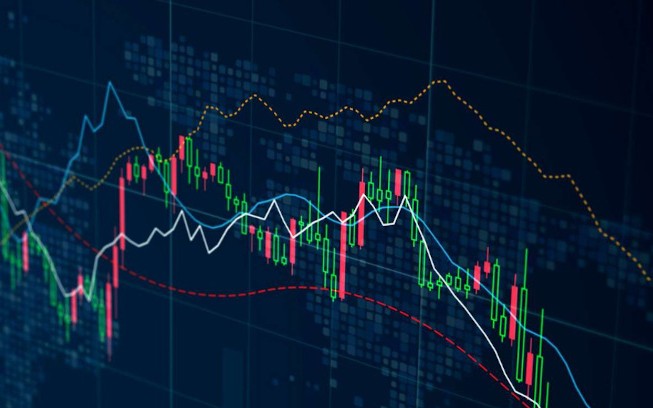Mastering Forex Trading Your Complete Training Guide 1754562797

Mastering Forex Trading: Your Complete Training Guide
Forex trading is an exhilarating venture that can lead to substantial financial rewards. To embark on this journey, it is essential to equip yourself with the right knowledge and skills. This training guide will provide you with the foundational principles of forex trading, effective strategies, resources, and the importance of choosing the right forex trading training Brokers Argentina to maximize your trading potential.
Understanding Forex Trading
Forex, or foreign exchange, is the global market where currencies are traded. Unlike stock markets, which are confined to specific exchanges, the forex market operates 24 hours a day through a network of banks, financial institutions, and retail brokers. It is the largest and most liquid financial market in the world, with an average daily trading volume exceeding $6 trillion.
The Importance of Forex Trading Education
Education is paramount to becoming a successful forex trader. Without proper training, traders may face significant losses and fail to navigate the complexities of the currency market. Understanding market analysis, risk management, and trading psychology can set you apart from amateurs. Here are a few key areas to focus on:
1. Fundamental Analysis
Fundamental analysis involves evaluating a country’s economic indicators, including interest rates, employment levels, and GDP growth. Economic news can significantly impact currency values; traders must stay informed about global events and releases from central banks.
2. Technical Analysis
Technical analysis uses historical price data to predict future movements. By studying charts and patterns, traders can identify entry and exit points. Common technical indicators include moving averages, Relative Strength Index (RSI), and Fibonacci retracement levels.
3. Sentiment Analysis
Sentiment analysis gauges the emotions and attitudes of market participants. Understanding whether the market is feeling bullish or bearish can help traders anticipate moves before they happen.
Developing a Trading Plan
A well-defined trading plan is crucial for success. It should outline your trading goals, risk tolerance, and strategies. Here are key components to consider:
1. Set Clear Goals
Establish what you want to achieve through forex trading, whether it’s to supplement your income, build wealth over time, or achieve financial independence.
2. Risk Management Strategy
Determine how much capital you are willing to risk on each trade. A common recommendation is to risk no more than 1-2% of your trading capital on a single trade.

3. Establish Trading Rules
Define your entry and exit criteria. Stick to your rules to avoid emotional trading, which can lead to impulsive decisions and subsequent losses.
Choosing the Right Forex Broker
Selecting a reputable forex broker plays a critical role in your trading success. Here are essential factors to consider:
1. Regulation
Ensure the broker is regulated by a recognized authority, which can protect your investment and ensure fair trading practices.
2. Trading Platform
The broker’s trading platform should be user-friendly, reliable, and equipped with the necessary tools and resources for effective trading.
3. Spreads and Commissions
Compare the spreads and commissions charged by different brokers. Lower costs can lead to higher profitability.
Trading Strategies for Success
Developing and implementing effective trading strategies is crucial. Below are some popular strategies used by successful traders:
1. Scalping
Scalping involves making multiple trades throughout the day to capture small price movements. This strategy requires quick decision-making and a solid understanding of technical analysis.
2. Day Trading
Day traders buy and sell within the same day, closing their positions before the market closes to avoid overnight risk. This strategy relies heavily on real-time analysis and news events.
3. Swing Trading
Swing traders hold positions for several days or weeks, focusing on capturing medium-term trends. This strategy requires less time in front of the screen compared to day trading.
Practice Makes Perfect
Before risking real money, practice your trading strategies on a demo account. Most brokers offer demo accounts where you can trade with virtual funds to hone your skills and gain confidence.
Continuous Learning and Improvement
The forex market is constantly evolving, and successful traders must adapt to changes. Regularly review your trading performance, learn from mistakes, and stay updated with market trends and news.
Conclusion
Forex trading can be a rewarding adventure if approached with the right knowledge and strategies. Investing in education, developing a solid trading plan, choosing a reliable broker, and continuously improving your skills are essential for long-term success. Remember, patience and discipline are key to thriving in the dynamic world of forex trading.
